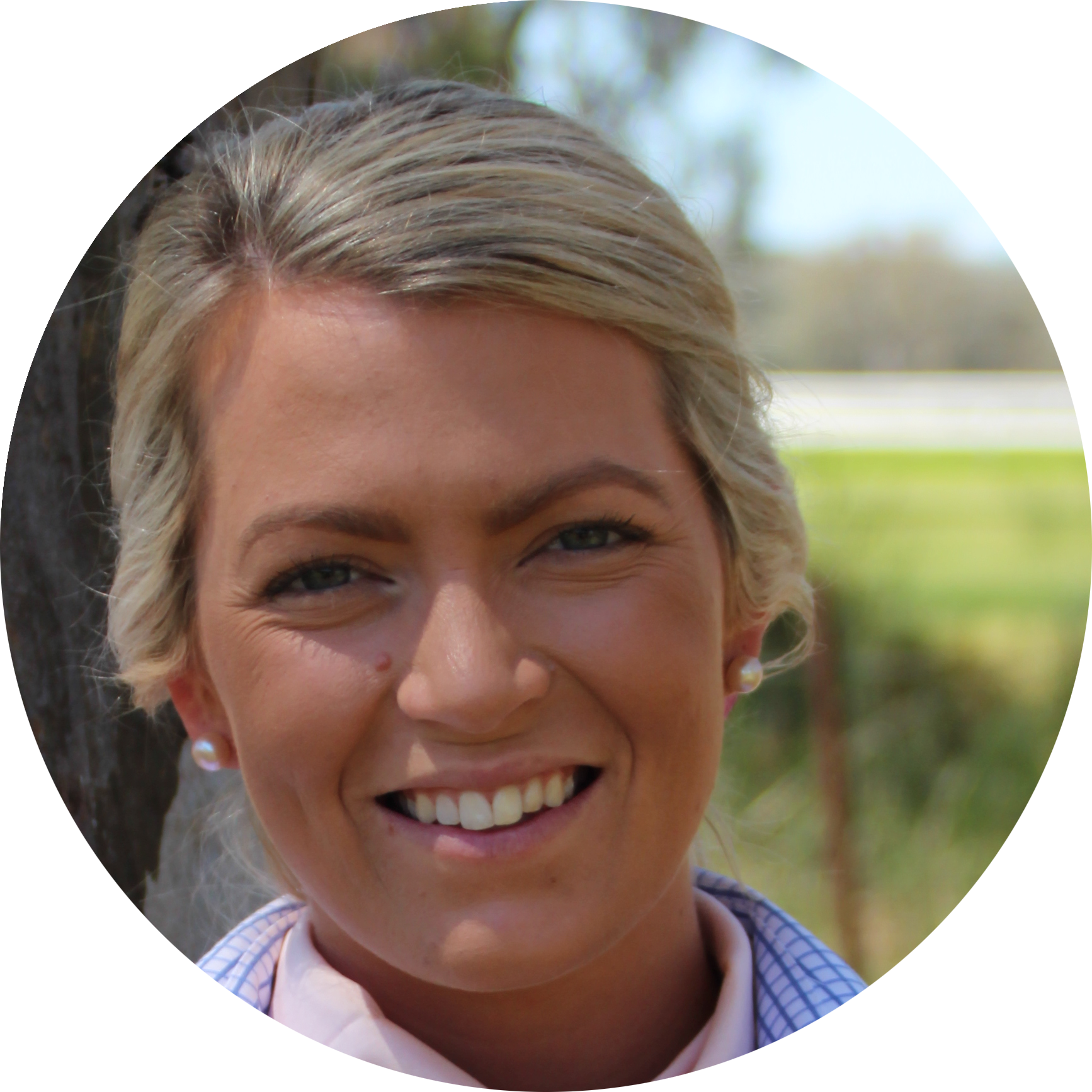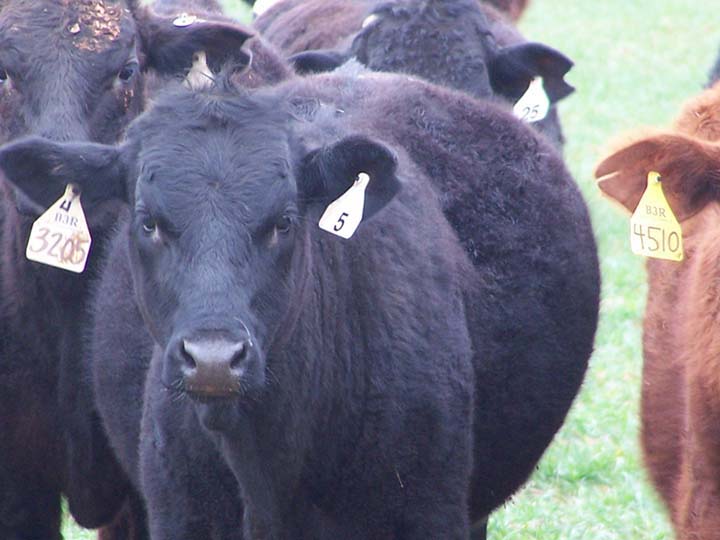High risk conditions for bloat
 PRODUCTION ADVICE - APRIL 2020 - ANIMAL HEALTH
PRODUCTION ADVICE - APRIL 2020 - ANIMAL HEALTH
By Eve Hall
District Veterinarian
P: 0439 078 989 | E: eve.hall@lls.nsw.gov.au
 With recent rain, we have been experiencing high-risk conditions for bloat in cattle in the east of the region, particularly around the areas of Albury, Holbrook and the Upper Murray. There have been a number of cases reported in recent weeks.
With recent rain, we have been experiencing high-risk conditions for bloat in cattle in the east of the region, particularly around the areas of Albury, Holbrook and the Upper Murray. There have been a number of cases reported in recent weeks.
Bloat is a risk when stock are grazing young, lush pasture, particularly if the pasture has high legume content (clover, medics or lucerne). The formation of froth in the rumen makes it difficult to belch, leading to a build-up of gas in the rumen, discomfort, and eventually death due to compression of the lungs and blood flow.
Early signs include an obvious swelling of the upper left flank. Severe cases, where animals are showing obvious distress, need urgent relief and veterinary advice should be obtained.
Preventing bloat can be challenging. Providing roughage in the form of hay can be helpful. Treatment of trough water with a teric-based bloat oil formula is a not a bad option provided the water supply is static. In other instances, bloat blocks or syrups may be of benefit, although it can be difficult to ensure uniform consumption across a mob and they can be expensive. Pasture sprays can be effective, although they often need to be applied twice daily and so are often too impractical. Bloat capsules are currently not on the market. If conditions are very high risk on your property, you might consider a combination of preventatives.
To chat more about managing bloat you can get in touch with a District Vet in your region by contacting your nearest LLS office on 1300 795 299.